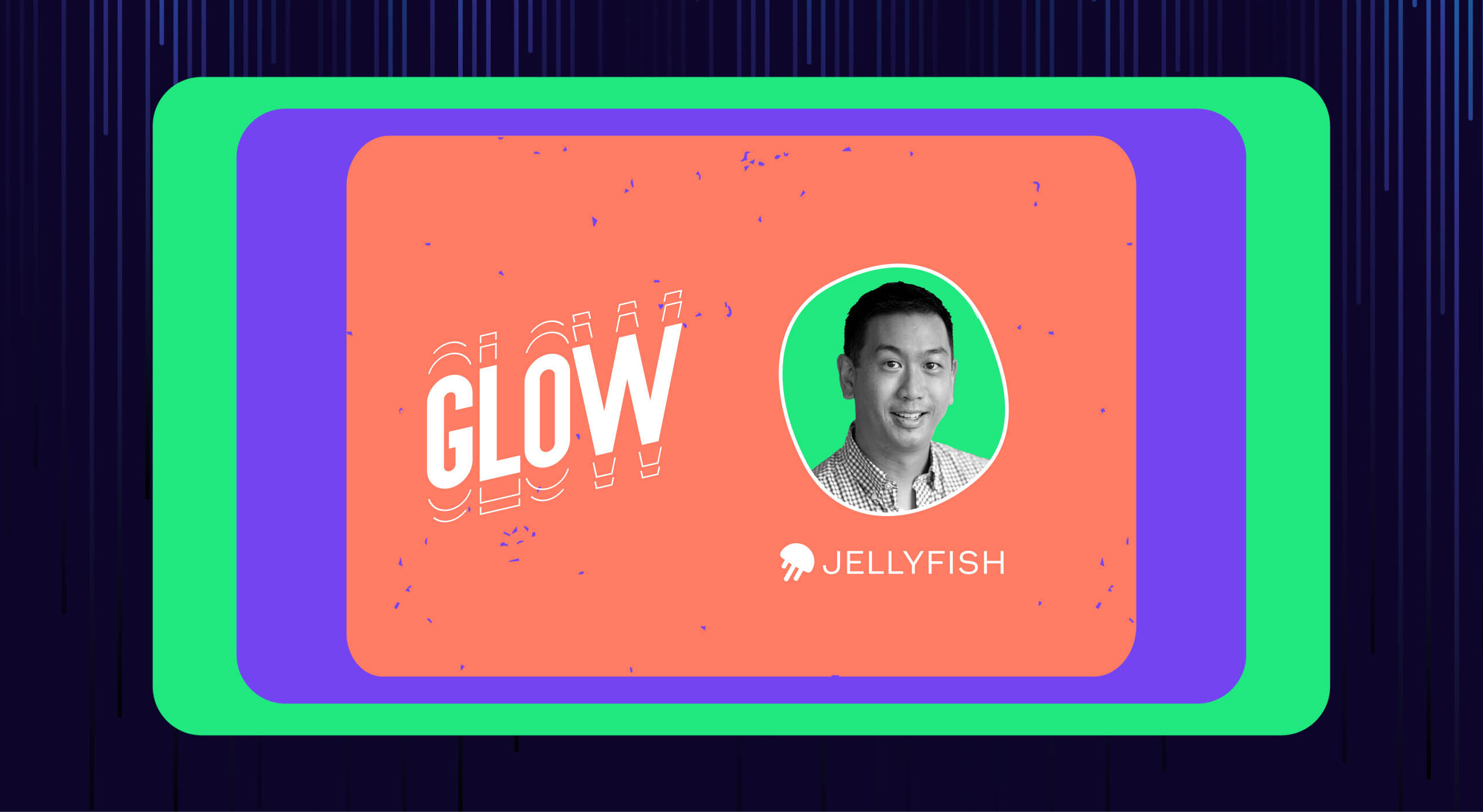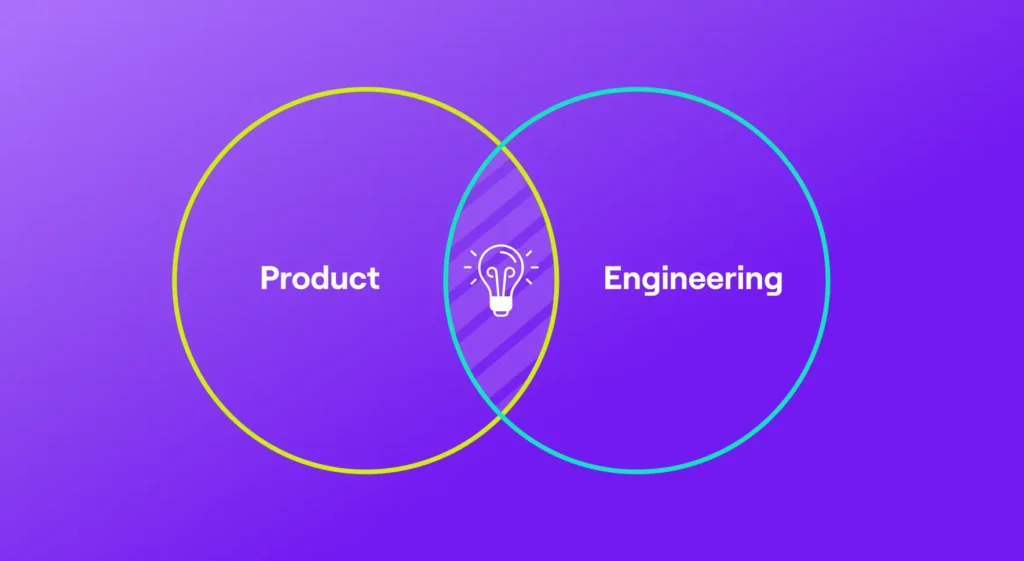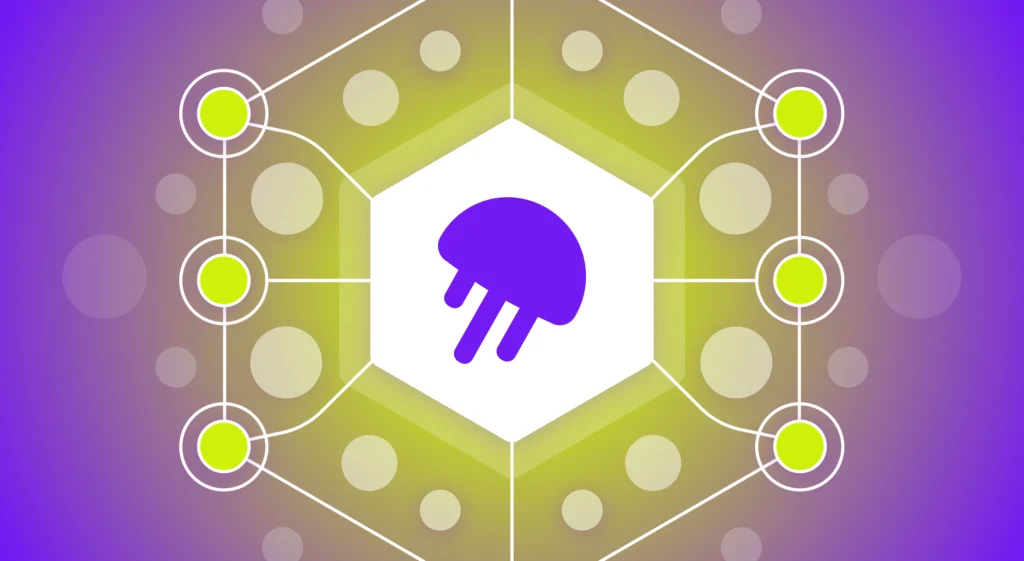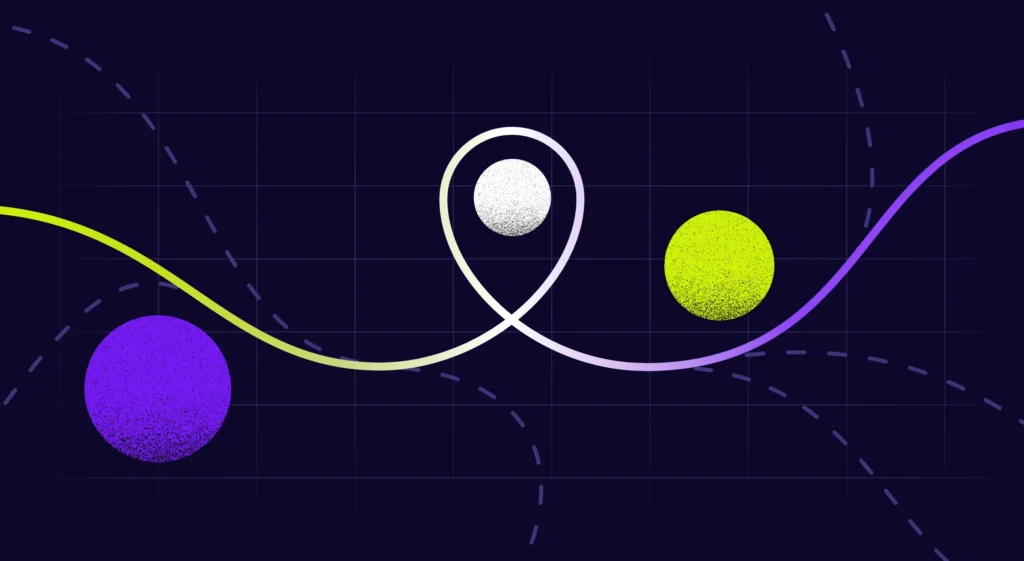At GLOW 2023, Andrew Lau, Co-Founder and CEO of Jellyfish, discussed the strange times we’re living in, and just how these fast-moving trends will influence engineering leadership decisions in the years to come. The following post is an excerpt from his opening keynote address.
We’re here to talk about the future of engineering leadership. There’s no way around it, the future is going to be a crazy world. Computers are taking over – autonomous this, autonomous that! We’re living in Tron. I’m praying to the water gods. The robots are coding. Terminator, Skynet, they’re coming!
Jokes aside, the future is now and we’re living it today. I’m sure you’re all reading the same things as I am about AI, crypto, the future of work, and autonomous machines. What do we do as the world evolves? What do we do as leaders? The reality is that none of this is stopping, no matter what you are feeling; scared, excited, optimistic, pessimistic, change is constant. We need to solve for tomorrow and we need to solve for it today. We all need to hear it, we need to change. The leaders of yesterday are not going to make it to tomorrow. We have to do things differently.
And let me tell you, if you don’t lead the organization, the system will lead you. And the leader of the future isn’t stuck in a black box. The leader of the future understands the future. We communicate the impact our team is having on the business. So let’s lead them.
What the Future Leader Needs to Know
What do we know about the future? We know that it will be crazy and complicated. It’s a world where repetition is not tolerated. As our role as leaders, it’s to bring focus to this conversation. This focus leads your organizations to win, and that’s why we’re here, to help each other win.
Let’s stop guessing. Let’s show that impact. Let’s save a little time and protect creativity.
Stop Guessing.
We live in this crazy complicated world and there is no room for guessing anymore. And frankly, in this complicated world, we weren’t that great at it to begin with. Guessing is hard. In today’s world, it’s not sufficient to operate off our gut. Neither should your teams. We should use data to make better decisions with less bias and better accuracy. Let’s build trust with that data, because trust saves you time, and – bonus -money.
Without data, you’re wasting resources, and priorities are shifting fast. I hate to tell you this. It ain’t 2021, 2022. You just can’t tack on more team members to make things happen. Not in ’23. In this climate, we have to shift from scaling at all costs to that word, efficiency, which is why we have to stop guessing and show impact.
Show Engineering Impact
Pro-tip. We can’t lead our teams forward unless we can demonstrate impact. We work with lots of other folks: CFOs, board members, and heads of sales. They don’t understand how our complicated machines work. They don’t understand engineering. We know our teams are doing amazing stuff, but we just need to tell their story.
And telling the story isn’t just day-to-day metrics. It’s not just at a team or individual level. It’s only half the story. You have to tell the full story to drive meaningful conversations, to change the conversation.
Automation Will Change Engineering
In this complicated, busy resource-constrained world, I don’t have time, and you probably don’t either. And in the future we talked about, repetition will not be tolerated. Yes, if it will be repeated you can bet that it will be automated. So instead, let’s focus on the good stuff. Don’t waste your time doing things a robot can do. Focus your team’s energy on the stuff that’s innovative, and that’s never been done before. Let’s automate that repetition away. Imagine what you could do with an extra 700 person hours. Woo. Or an extra half a million dollars. I’d take that all day long. Yep, that’s right. Protect that creativity.
So what’s our play in this? If automation’s coming, helping you repeat the things you’ve already done before, well, creativity is the innovation. Things that haven’t been done before. Now your role in this is to make sure it happens. Your IP, your innovation, that’s what makes you win. Repetition disappears, and creativity wins.
Now speaking of creativity, let’s talk about a story about this guy named Art Fry. You may not know Art Fry, but he actually invented the Post-it Note, during what 3M used to call 15% Time. Actually, they called it 20% Time. Did they trademark that? Now truth, Google actually cribbed this from 3M…
15% Time, if you didn’t know, was used for innovation, freedom. If Art didn’t protect his time, we wouldn’t have Post-Its and I love my Post-its. Art needed to protect his time. We need to protect our time too.
The Role of Jellyfish and the Engineering Management Platform
So let’s stop guessing and show that impact. That’s why we started Jellyfish. We wanted to build a platform to keep up with the pace of change. We are here to support you. We were you. We are you. We’ve been there. So how are we going to do this?
First, we are going to start with product that helps you do what you need to get done. Earlier this year we launched Lifecycle Explorer, and late last year we launched #DevFinOps, which has already been used to help capitalize $113 million of engineering costs.
Now, a great product is just the start. Really, the most important part is you, us. We’re here to support each other. Our team’s been growing and we’ve increased our investment in our team and support. We’re here to help, period. So let’s do this, together.






